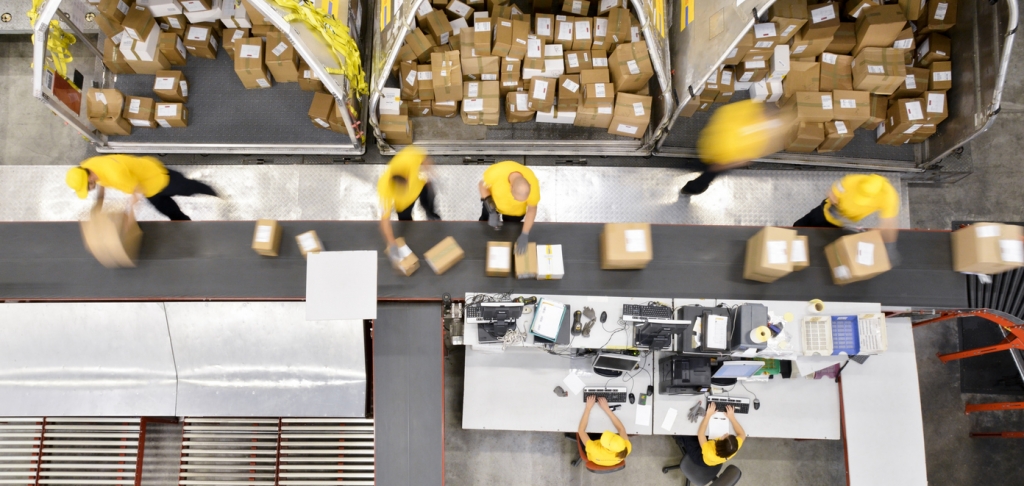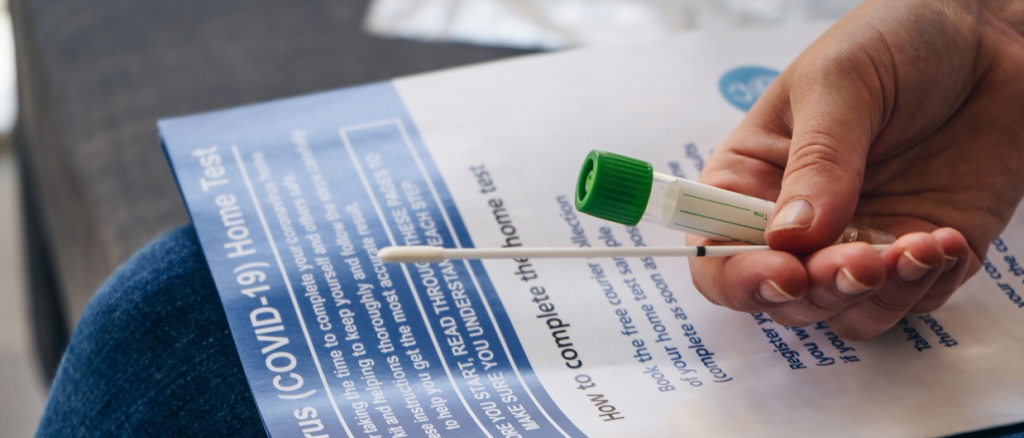How COVID-19 Has Changed Waste Management Industry
COVID-19 has had a profound impact on a variety of different market sectors, changing many of them for both the short term and the long term. The waste management sector is no different. With huge limitations being placed on commercial activity and mobility across the country, it should come as no surprise that the industry has had to adapt.
Let’s take a look at some of these changes and external pressures in greater detail.
The redistribution of waste production
One of the biggest changes experienced by the waste management industry during the pandemic was the redistribution of waste production, shifting from industrial units and commercial centres to our own homes.
The main reason for this shift in waste production was due to the huge slowdown in manufacturing activity coupled with the various lockdowns and rise in working from home. This put a strain on local authority collection services, with recycling collection volumes doubling in some council areas during the first spring lockdown. Research documented in Science of the Total Environment suggests that food waste and plastic packaging waste produced at home has increased by 43% and 53% respectively.
In contrast, the commercial waste sector has been hit hard by a reduction in waste due to COVID-19 restrictions. Data from the Department of Transport highlighted there were less than 5% of normal journeys on its network during the first lockdown, and with workers either furloughed or working from home, businesses that rely on commuter trade and office workers were heavily affected.
Hospitality and leisure facilities had to close entirely during both lockdowns, meaning that almost no waste was produced at all in these sectors. This has had a huge impact on waste management companies with contracts tied to city centre businesses.
The good news is that the industry has pulled together to share information and resources in order to adapt to a constantly changing situation. Since the easing of restrictions, there have certainly been promising signs that business activity is increasing and society is starting to return to normal, albeit a new type of normal.
Tony McPartland commented:
“I am very proud of how our business, our supply partners and the industry have responded to the pandemic and the resilience the industry has shown. At Zest Recycle, we have maintained the same high standards of service, provided our customers with flexible waste collections throughout and supported them during these difficult times. There certainly will be a change to the landscape of commercial waste management, particularly as online shopping continues to dominate and blended home/office working takes hold, but we have demonstrated that we are able to adapt and take advantage of the opportunities that are open to us to improve the way we work and manage waste.”

The rise of online shopping and distribution centres
One of the most prominent trends we saw and are continuing to see during the pandemic is the boom in online shopping. Online shopping’s rise has been inversely proportional to the high street’s decline for quite a while now, but the pandemic has accelerated this by quite a bit. In fact, research from Barclays Corporate Banking suggests that 15% of UK companies have created roles as a response to the huge increase in digital sales with a view to improving and expanding their online offerings.
With this explosion in sales, there has also been a huge increase in distribution centres and, in turn, an increase in packaging and associated types of waste to handle. Research by Knight Frank suggests that around 37 million square feet of warehouse space is going to be built in 2021, which is almost double last year’s figure. Another report by the property consultancy firm discovered that investment in UK warehouses reached £6 billion in the first half of this year, again, over double last year’s figure in the same timeframe.
This opens up another avenue of opportunity as we see an acceleration in the development of distribution centres and the waste streams generated from these activities, which is only set to increase over the long term as online shopping continues to boom.

The rise of hazardous and medical waste
One of the most significant changes we’ve seen in terms of waste streams across the UK is the rise in hazardous and medical waste produced by both the pharmaceutical and medical sectors due to the vaccination effort. According to the Independent Finance Corporation, medical waste has increased by up to 40% since the pandemic began.
With constantly changing guidelines when it comes to the disposal of testing kits and related items, it’s no surprise that this has become a pain point for the industry to navigate and ensure they are providing their clients with the correct guidance and information at each turn.

Driver shortages
Another challenge that has been exacerbated by the COVID-19 pandemic is driver shortages. The need for drivers to self-isolate after being “pinged” by the NHS COVID-19 app, as well as confirmed cases of coronavirus, put further pressure on the system, causing disruption to many waste collection services across the UK.
Alongside this problem, there is also a national shortage of qualified HGV drivers. The Road Haulage Association estimates there is now a shortage of more than 100,000 drivers in the UK, not only affecting the waste industry but causing huge problems for transport and logistics industries up and down the country.
Tony McPartland commented:
“We are fortunate that we have been able to pull upon our wide network of approved supply chain partners to mitigate any disruption to services for our clients. However, it is essential that industry, government and the relevant associations work together to develop a strategy to deal with these driver shortages issues in the short and long term and we are seeing some evidence that this is taking place.”
Zest Recycle is a recycling and waste management company that does things differently. We have been working hard to adapt to the changing waste management landscape over the past couple of years, and have the knowledge and expertise to work with companies from a wide range of industries, including manufacturing, healthcare and hospitality, and manage their ever-changing waste requirements. Interested in working with us? No matter where you are in the UK, if you need help hitting your recycling targets, we want to hear from you.